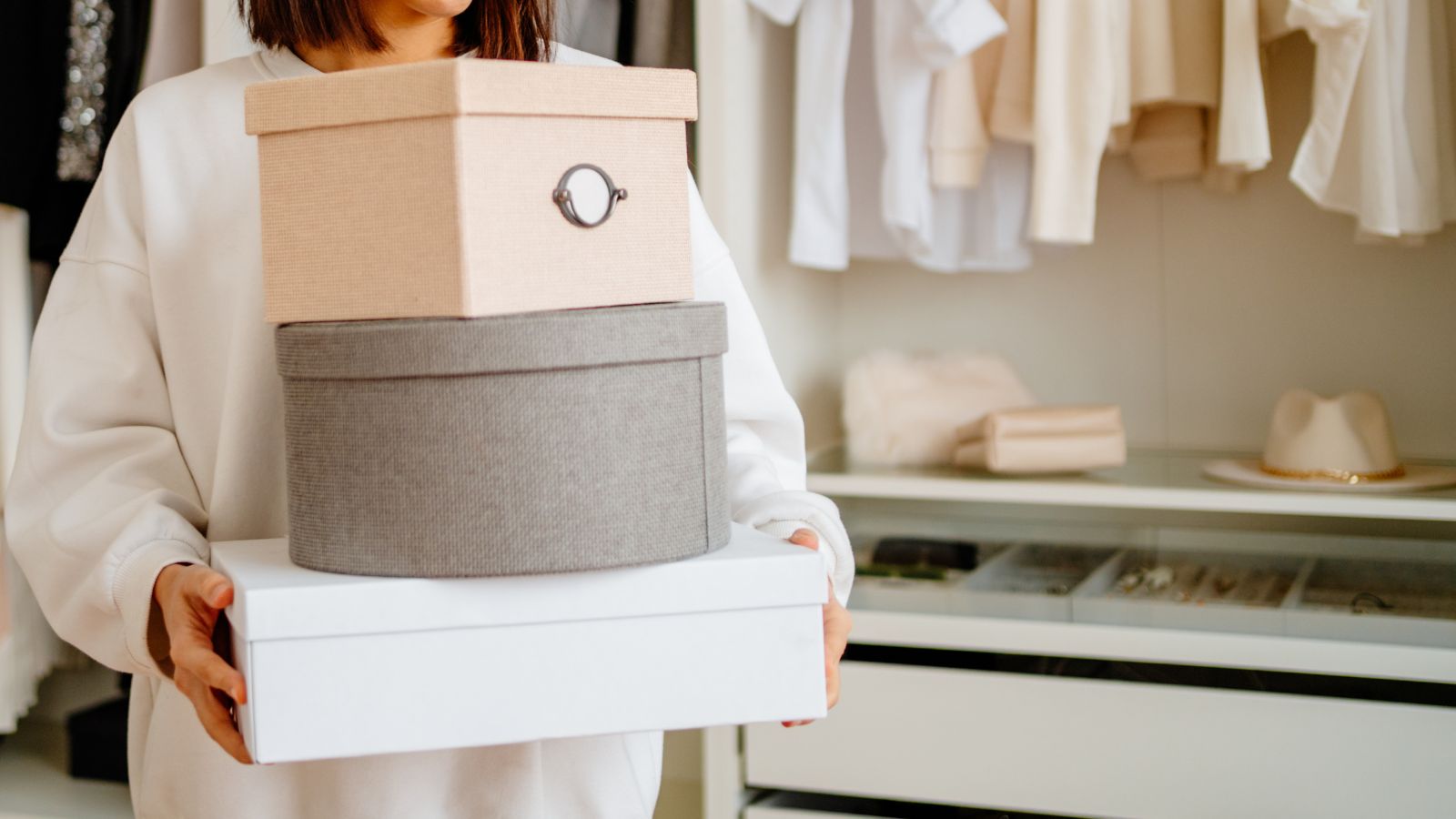
When it comes to a topic as diverse as decluttering, there is so much information and 'helpful' tips and tricks out there, that it can be hard to separate the facts from fiction, making decluttering far harder than it needs to be and wasting our time and energy.
Although everyone declutters differently, several decluttering myths can result in a home that is less organized than when you started – making it difficult to fall in love with organizing and commit long-term.
So, if your stuff is getting on top of you despite your best efforts, or you are always trying to declutter your home when feeling overwhelmed, ensure to avoid these 11 decluttering myths when trying to get on top of your space.
Decluttering myths debunked
Have you fallen into the trap of these 11 decluttering mistakes? This is how to break the cycle if so.
1. Decluttering, organizing, and cleaning are all the same
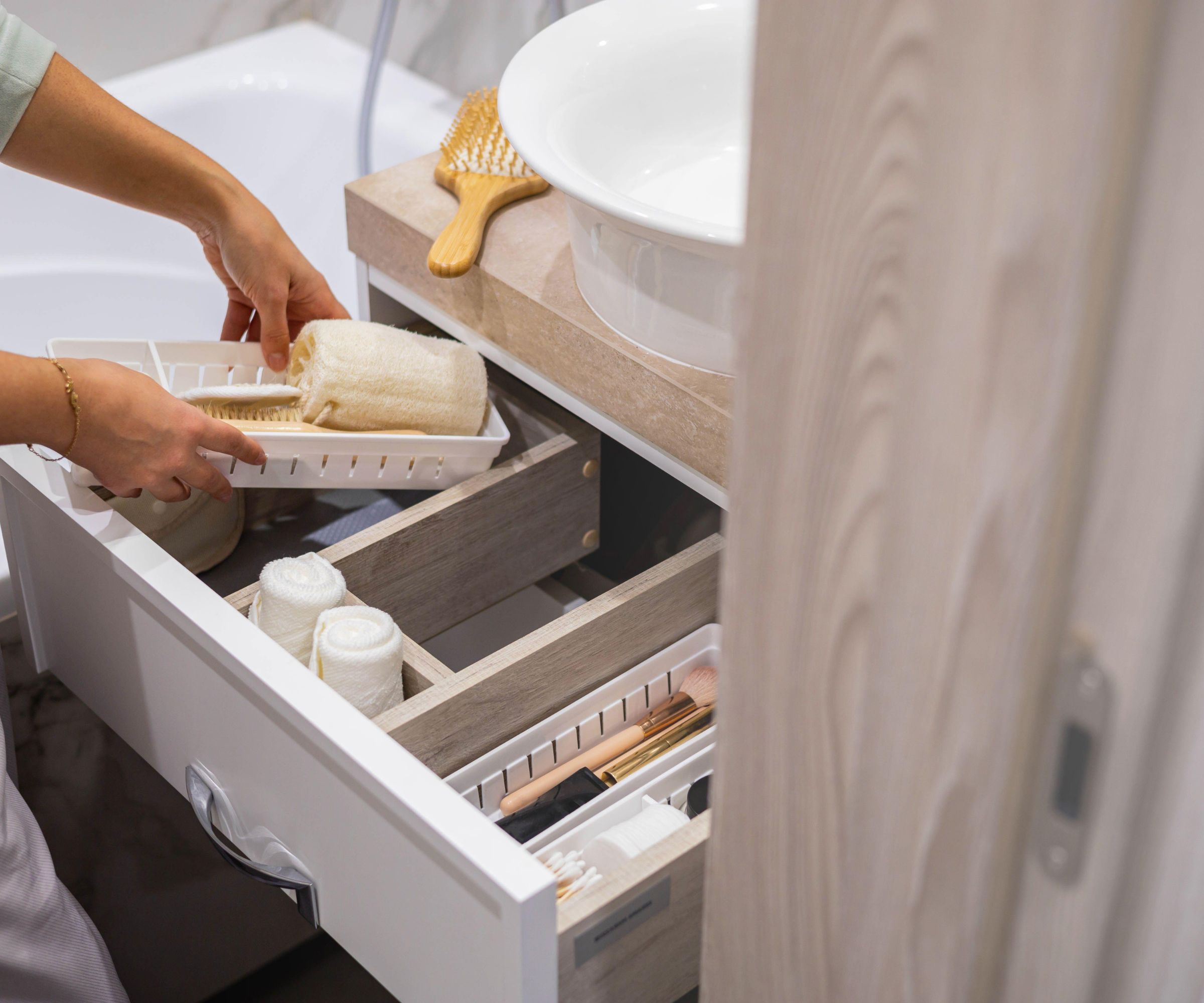
Decluttering is a term often tossed around whenever someone is cleaning or tidying up, reducing the emphasis on its actual meaning, begins Darla DeMorrow, professional organizer and owner of HeartWork Organizing – so what is the difference between decluttering and tidying?
‘Really, decluttering is removing items that you no longer want or need, and disposing of them by selling, donating, recycling, or tossing. Organizing, on the other hand, is placing things thoughtfully where you’ll be able to find them again when you need them.
‘Cleaning is removing dirt from surfaces. Don’t try to organize and clean at the same time, as they are very different activities, and you rarely have enough time or energy for both on the same day.’
Although it might not seem like using the right term makes much difference, making a clear distinction between the chores will help you to focus more readily on the task at hand, preventing you from getting distracted or feeling overwhelmed.
2. You have to buy organizers to help declutter

Yes, organizers help with home organizing and decluttering (and can even encourage you to declutter if your items begin to overflow), but the idea that you have to buy bins to help clear out clutter is a decluttering myth that limits you and your storage ideas, continues Darla DeMorrow, professional organizer:
‘Really, do we need more plastic in the world? You probably have enough organizing containers you can start with right now. When you have sorted your things and know what storage containers you need for your project and space, there are plenty of other sustainable options for containers, including paperboard, metal, braided rope, woven grass, wood, and glass.’
3. Super-organized homes are the norm
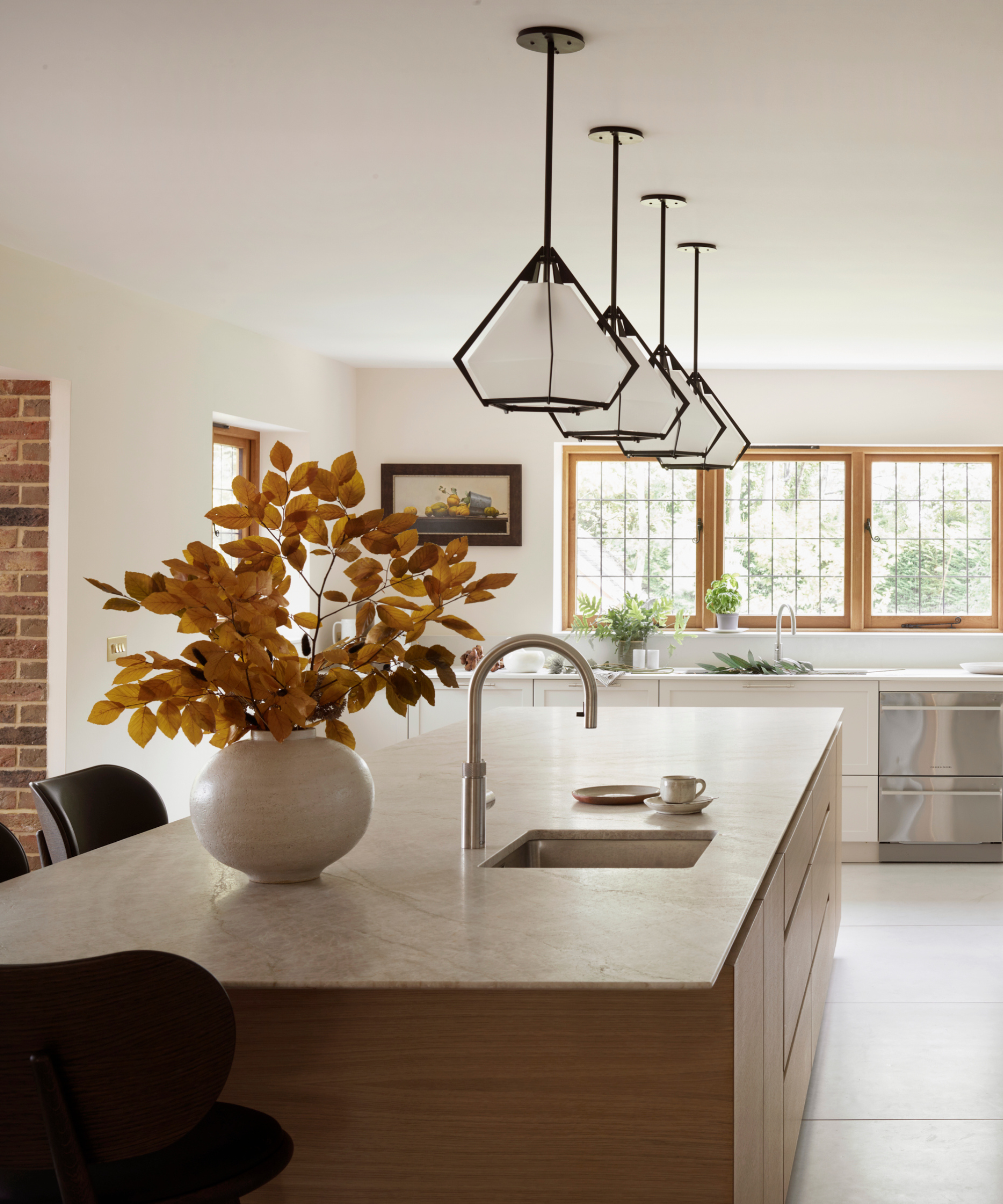
Many of us are guilty of scrolling through social media and saving images of perfectly organized, clean homes that look like no one has ever lived there. While they look calming, and we can take plenty of aesthetic organizing tricks from them, they are far from the norm – no matter how often we see them online, urges Brenda Scott, professional organizer and owner of Tidy My Space. The idea that having a super-organized home is normal, in fact, is one of the most dangerous but most perpetuated decluttering myths, she says.
‘The images of super organized and tidy homes being sold on social media and TV as 'normal' is causing many people to think that because they can't get their homes to look like that, they are ' not good enough'. This is so far from the truth and is far from sustainable if you actually live in your home, or don't have someone to clean up everything after you.’
4. You have to declutter everything at once
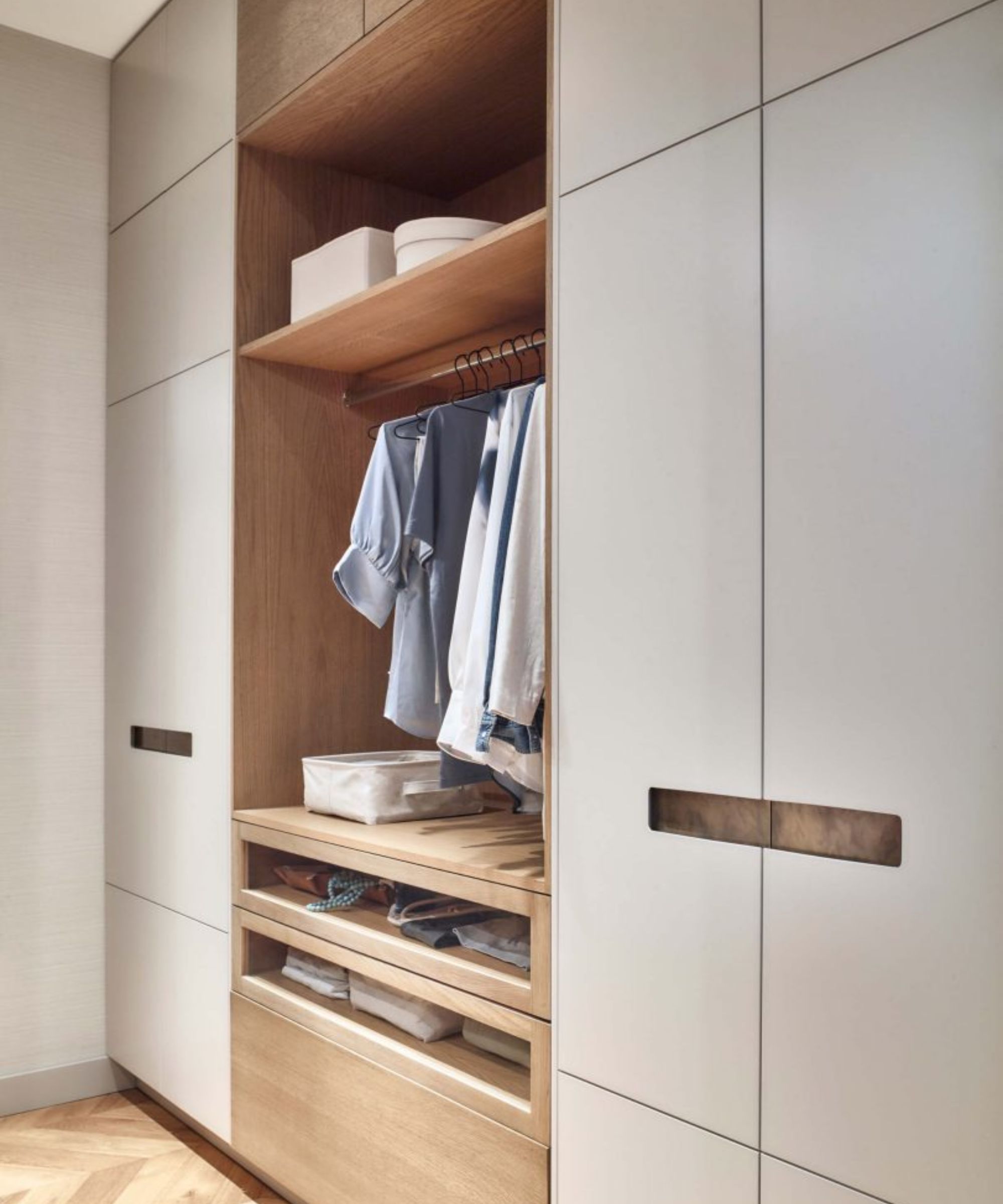
‘Can you declutter a whole house in one day?’ is one of the most commonly asked decluttering questions professional organizers face. And while it is certainly possible, it is not a sustainable or realistic approach to properly decluttering a home, reminds Gabriella Dyson, Solved section editor at Homes & Gardens.
‘Decluttering can take as long as you need it to,’ she says. ‘Taking your time and asking friends, family, or professionals for assistance often helps you to make more lasting decisions about your clutter, rather than end up with decluttering regret or quickly replacing everything you got rid of in haste.’
5. The right product will fix everything
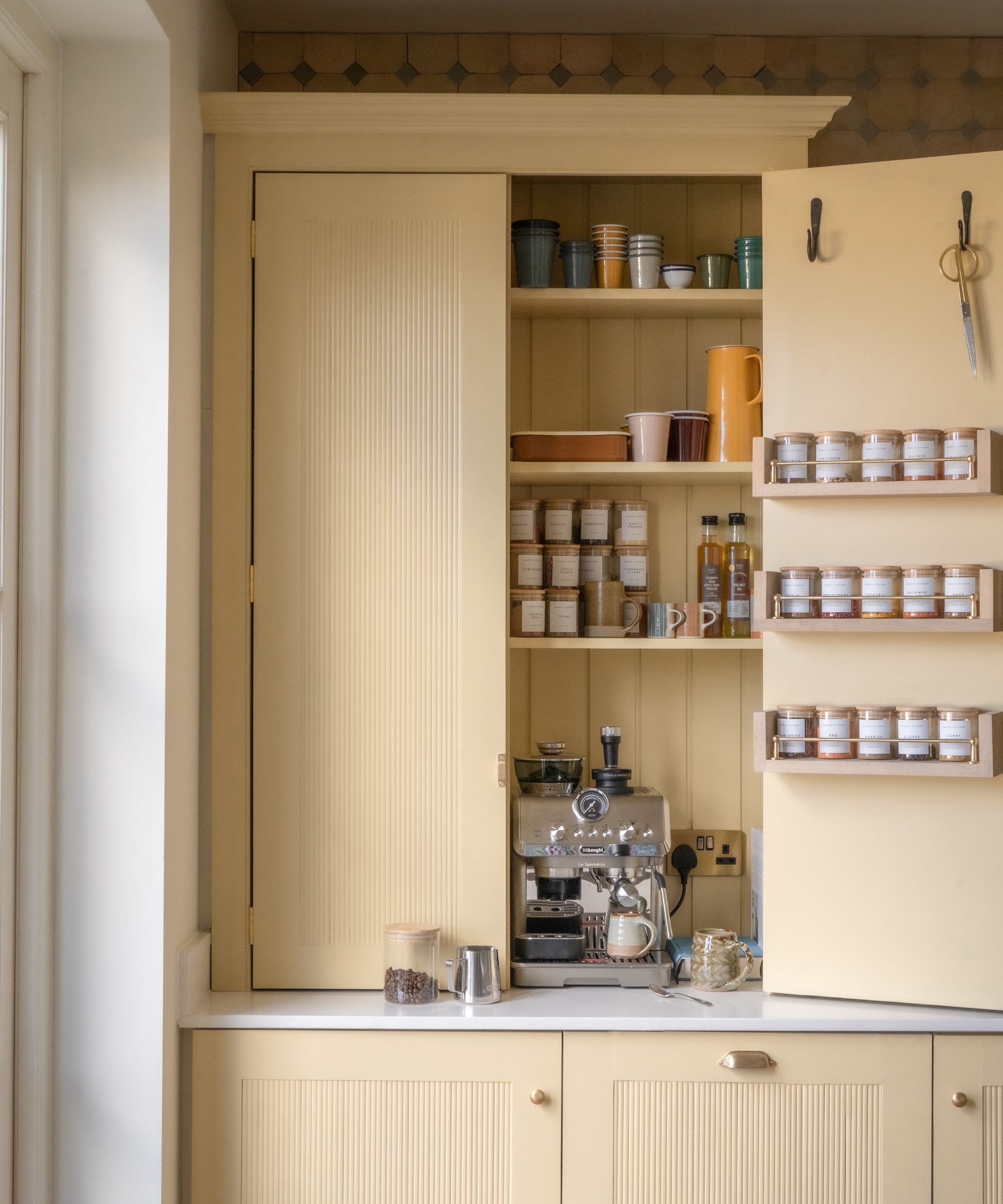
Given that the ultimate aim of decluttering is to cut back on your stuff, it is a myth that finding the perfect product will fix all of your clutter issues, says home organizer Brenda Scott.
‘This lie applies to home storage containers, food, skincare, clothing, etc.,’ she begins. ‘It is important to remember that every home is physically different. They have different-sized closets, drawers, rooms, and spaces, while some rentals place limits on what you can add or change. On top of that, every family has different wants, needs, and budgets.
‘As a result, there is no one savior product that will fix everything – it is impossible, and anything that claims to do so is lying.’
Instead, it is important to set up an organizing system with storage solutions, spending limits to stop clutter before it starts, and decluttering habits that work for your lifestyle, being mindful that it might take some trial and error to find the ideal solution.
6. Decluttering is wasteful if you can’t recycle
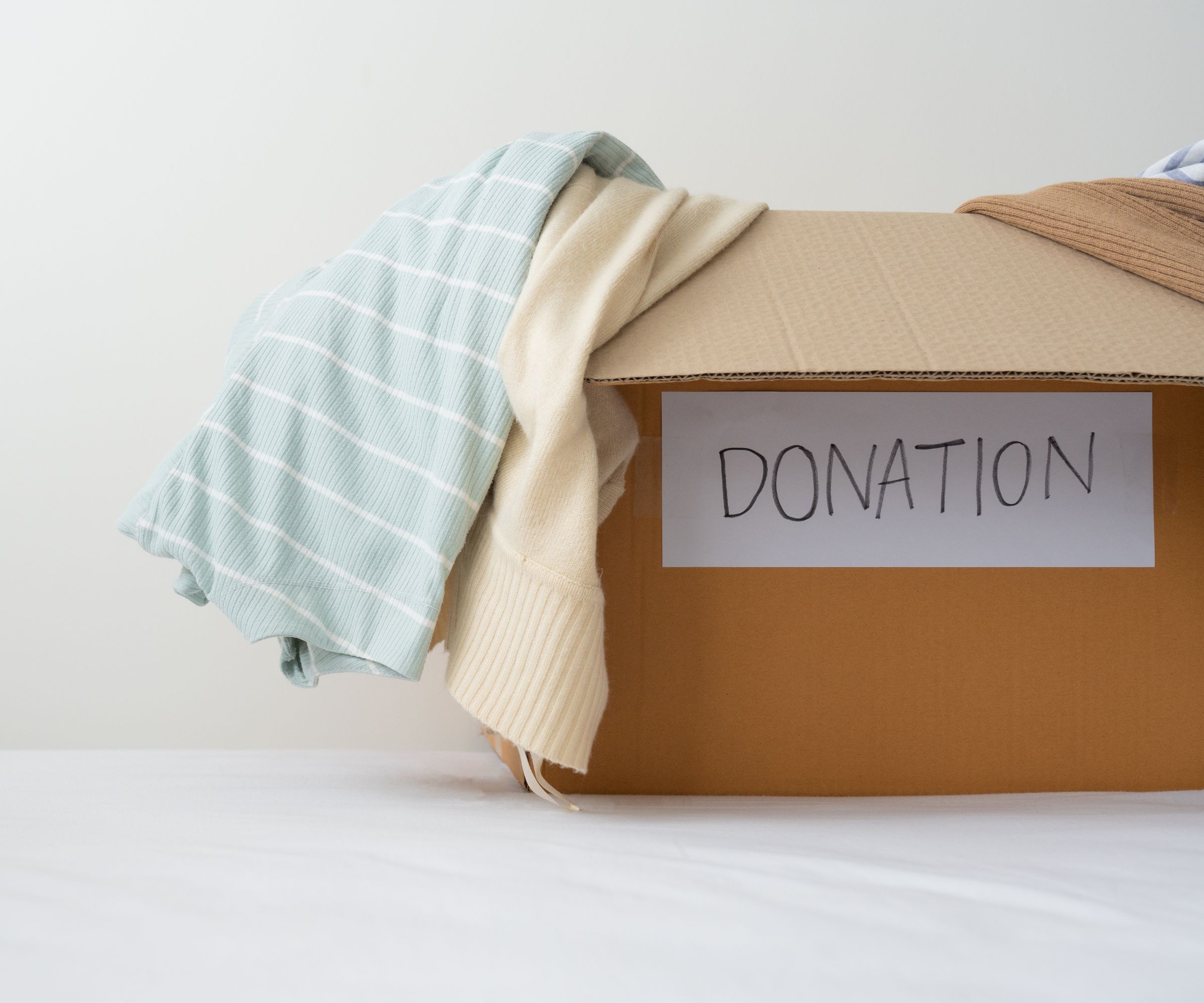
One of the most difficult parts of decluttering is working out what to do with the items you are decluttering. This is only made more difficult by the myth that if you cannot resell, recycle, or rehome the items you remove you are being wasteful, or have wasted money.
One way around this is to remember that ‘the lion’s share of damage that was done to the environment happened in the manufacturing process,’ assures Darla DeMorrow, professional organizer. ‘By hanging onto things that are worthless and not recyclable in any way, you are just turning your basement/garage/home into a mini-landfill.'
7. Minimalism is the best way to live
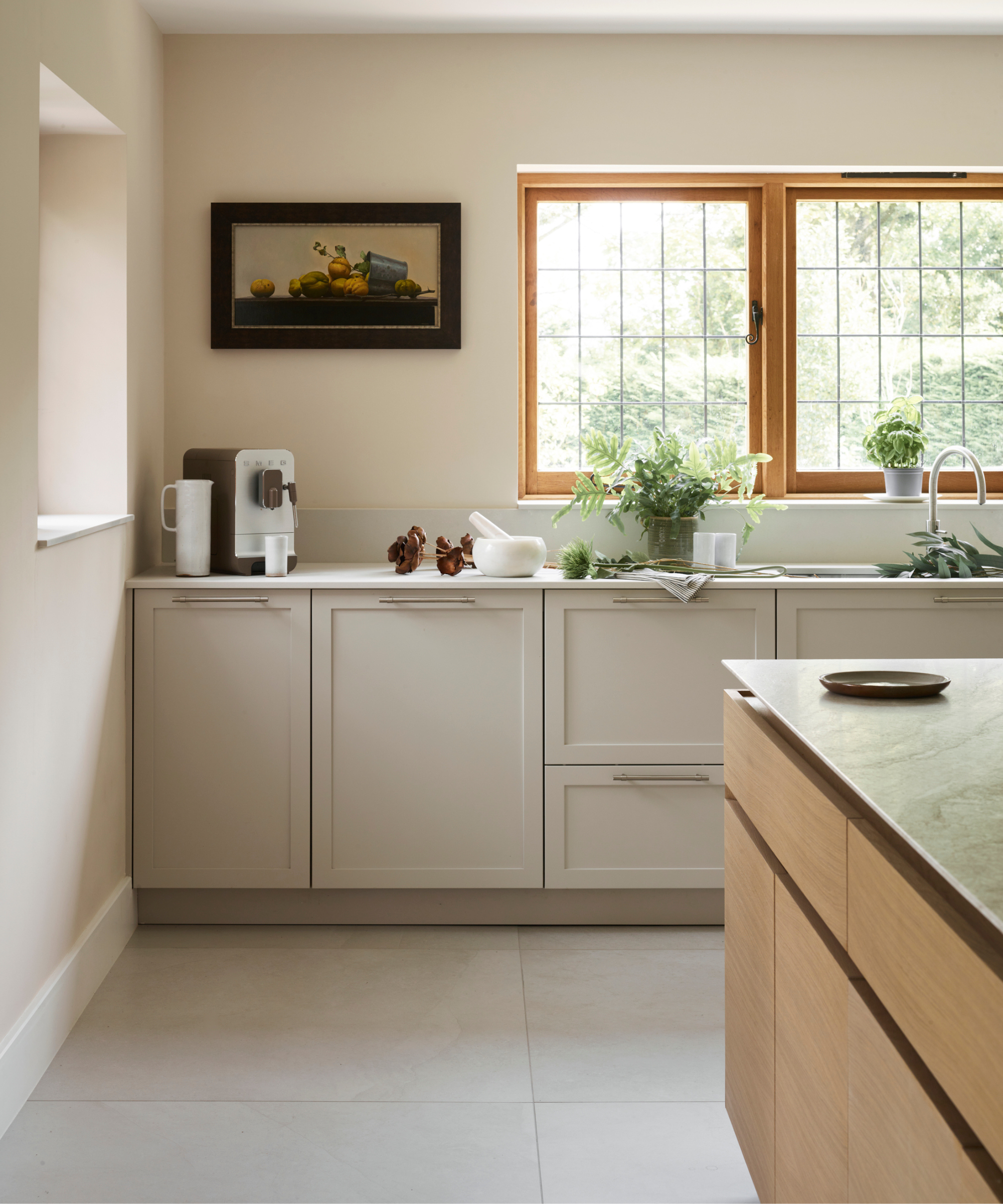
Although there is nothing inherently wrong with encouraging minimalism at home, the idea that it is the optimal way to live if you do not want to deal with clutter is another decluttering myth that often leaves people feeling worse than when they had too many things, reveals expert organizer Brenda Scott.
‘Minimalism is the 'best' way to live, is a myth that I've found causes extreme stress and frustration in most North American families,’ she shares. ‘Instead, I recommend trying to find a middle ground between having very little and having excess. I encourage the idea of 'having just enough to help your life run smoothly'.
‘If you cannot find anything you need you might have too much, but if you are sitting in an empty space wishing you had just held onto that one decor piece, or your old books, you may have taken it too far.’
8. Once it’s done, it’s done
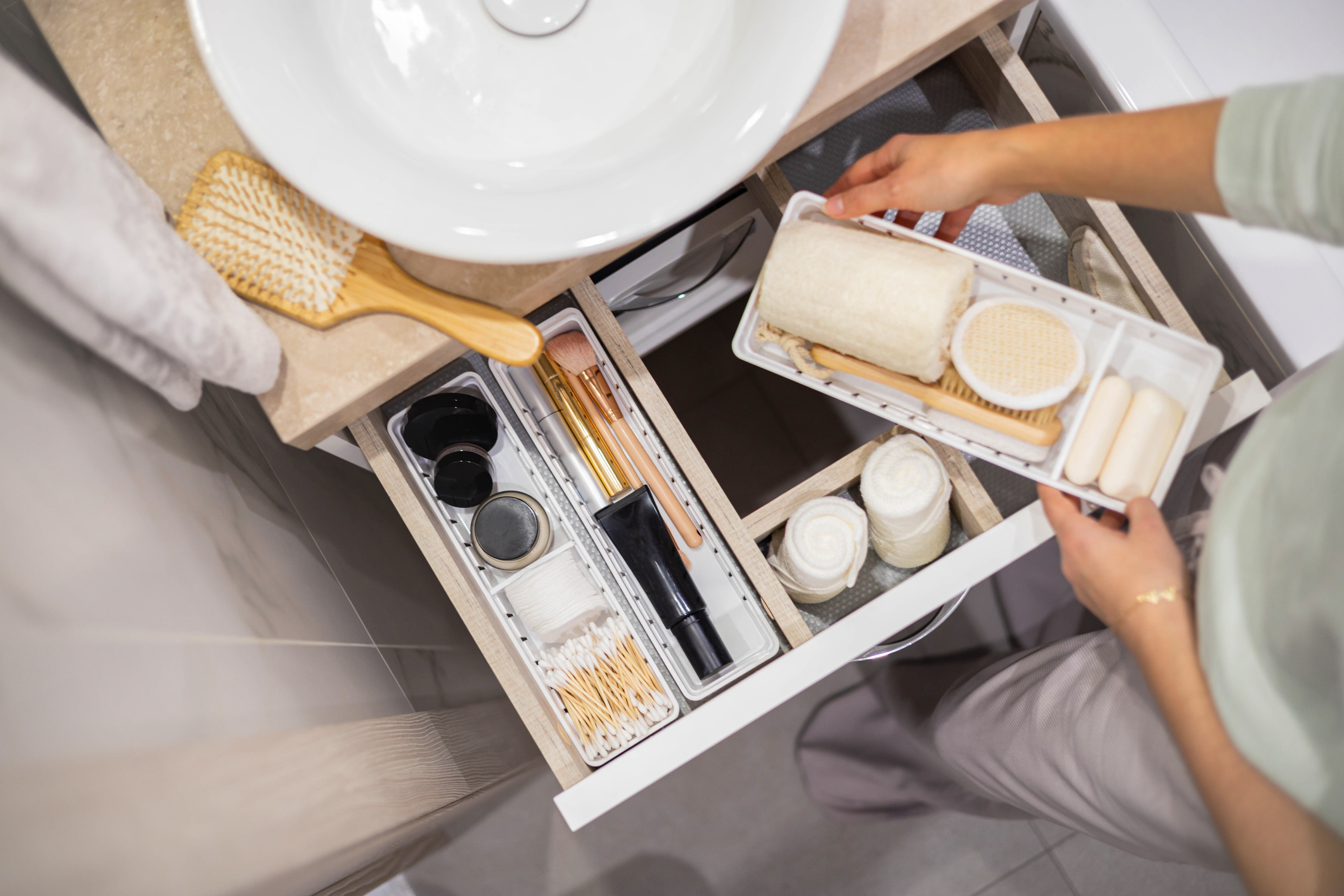
As much as we don't want to believe it, decluttering being a once-and-done chore is a myth that often leaves homes in shambles despite your initial best efforts. Ironically, decluttering is a constant process of elimination and monitoring if you want an easy-to-maintain home, reminds Marissa Hagmeyer, co-founder and COO of NEAT Method:
‘When you find that you don’t have anywhere to put something, it’s likely to end up floating on the shelf or counter next to a full basket, drawer organizer, or canister. This is a sign that it might be time to think through your system and have another declutter.
‘Consider whether your vessels are too full or your category labels aren’t inclusive of the new item. Whatever the case may be, take the steps to correct it before piles start to build.’
9. Being neat is the same as being organized
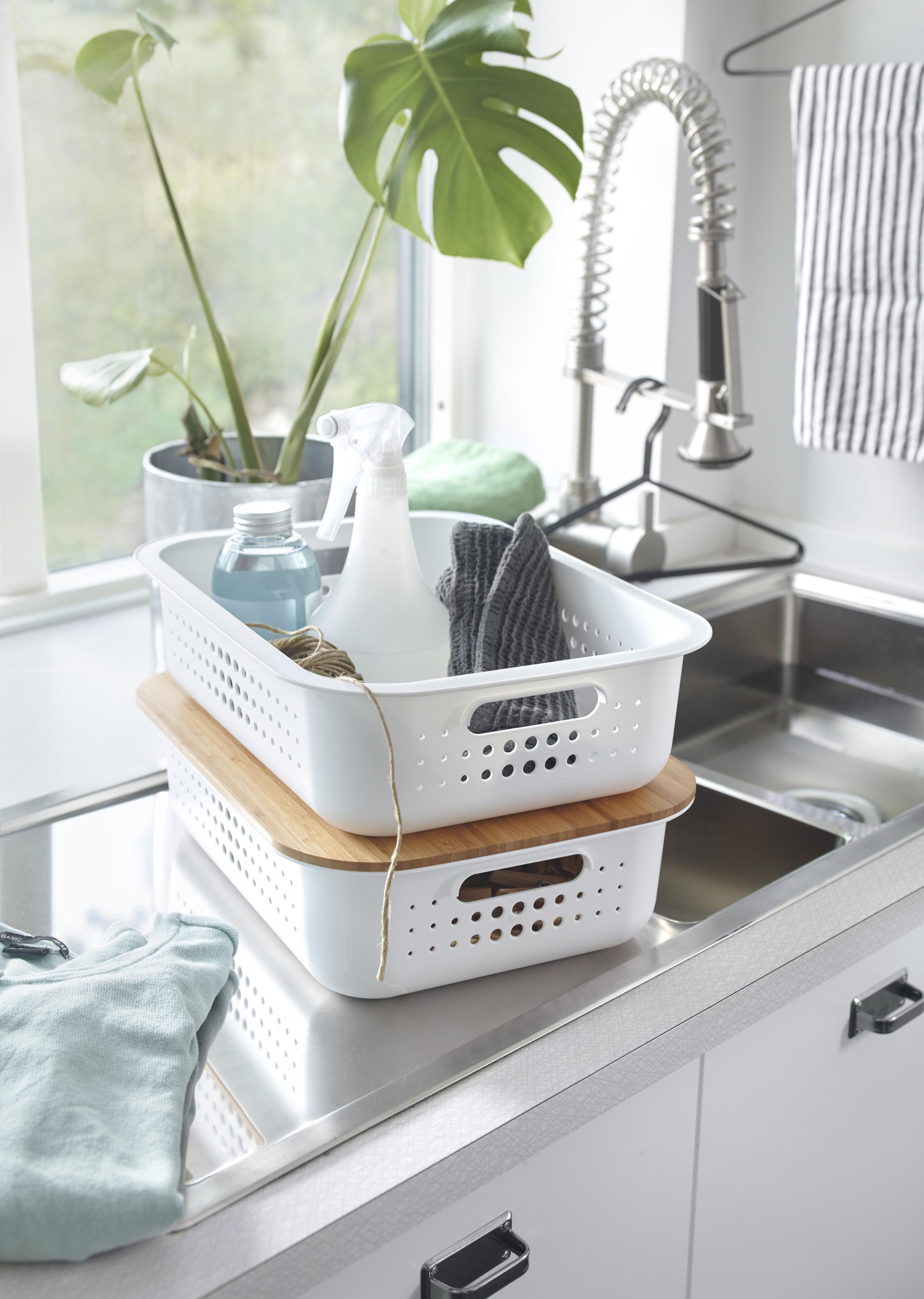
It is a common myth that clutter is just the items that are overflowing from your storage and you’re tripping over when trying to leave the house. You might have perfectly spotless counters and a clear coffee table – but as soon as you open your cabinets you have nearly lined-up baskets full to the brim of items you have to dig through to find what you need. This may be neat, but it is far from organized – and you certainly haven't decluttered properly to be here.
‘This one might seem obvious but if your organizing products can no longer hold your category comfortably, it’s a good sign to pare down,’ continues Marissa Hagmeyer, expert organizer. ‘Before you get started, remind yourself that fewer items can alleviate decision fatigue, and anxiety, and offer a feeling of calm. In some cases, just tossing expired or duplicate items is enough to free up space.’
10. You have to keep hold of things ‘in case’
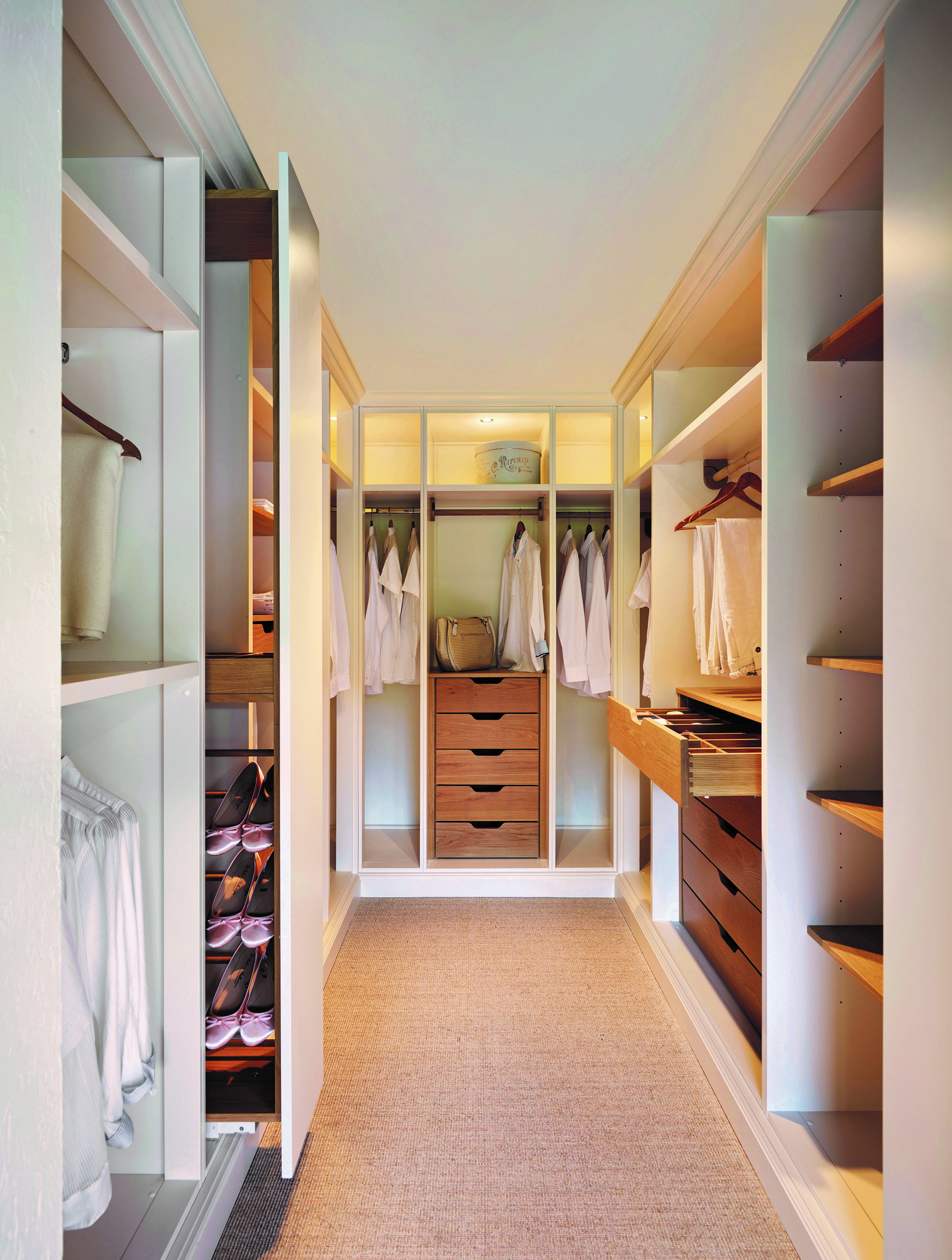
One of the biggest contributors to clutter isn't spending too much (although that does have an impact), it is keeping hold of items just in case you need or want them in the future. The thought that you will regret everything you get rid of, especially when it comes to items you used to love or use a lot but have since neglected, is a decluttering myth that leads to a build-up of clutter that we become too scared to deal with later down the line.
One of the best ways to deal with this habit is using a method such as the 20/20 rule for decluttering. If you can replace something in under 20 minutes and/or for less than $20, it is safe to get rid of the item in the present. The chances are you will never look back at it again, but on the off chance you do need it, you can easily replace it as required.
11. Organization has to look pretty
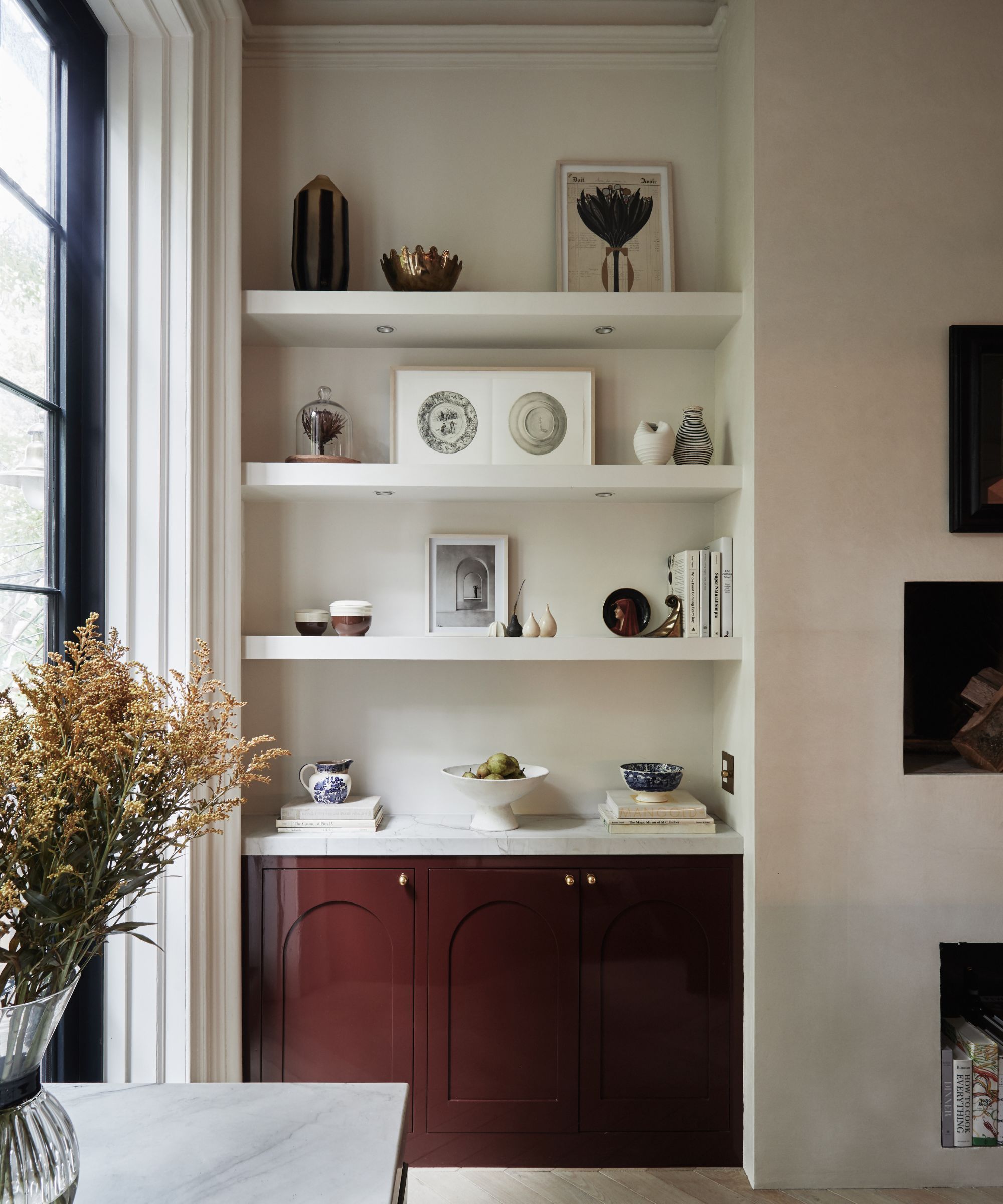
'Another mistake I see people make is when getting organized they focus only on the look of the organizational products they purchase. Yes there are lots of great ideas on social media! While the overall look of an organized space can be important, first you have to understand how the space is being utilized and purchase products that are functional for the space and the people using them,' says Juliana Meidl, professional organizer and founder of Serenity at Home.
'For example, buying a bunch of canisters to decant a pantry can look amazing, but if you don't think you will maintain them then you have created more clutter.'
Buying these bins before you declutter can be a good way to try to motivate yourself, but this is another mistake, Juliana continues. 'You don't want to buy more things to store items before you have gone through the process of determining what you really need to keep. Making clutter look good in a cute basket is still clutter. Plus, simply adding more bins and baskets is creating more clutter.'
FAQs
Is decluttering just throwing things away?
The idea that decluttering is just throwing things away is a common myth that often puts people off clearing out clutter. Decluttering is the process of assessing everything you own, deciding what you need and want to keep, and separating anything you can part with. These items can then further be divided into items you can throw away with minimal impact, things you could sell for some passive income, and things you could recycle, donate, or repurpose.
This can make the decluttering process a little longer, but it is worth it when you can help someone else out with an item that has been collecting dust in your home.
Will decluttering solve all my organizational problems?
Decluttering is a crucial first step when organizing a home, but it is not the be-all and end-all of an organization. Once you have whittled down your belongings, it is then a continuous process to ensure that those you keep are put back in their homes after every use, and those homes grow and adapt as needed.
Picking out the decluttering myths from facts can be tricky, but it is the best way to set yourself up for a successful decluttering session. When in doubt, work intuitively, getting rid of what you know you don't need, taking breaks when you need to, and housing items where it feels logical.







